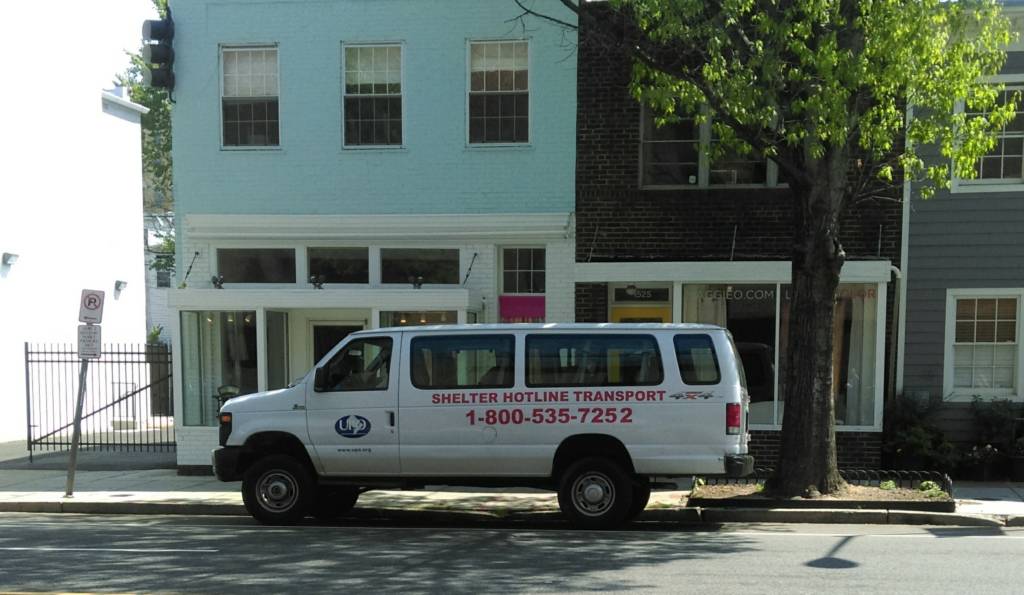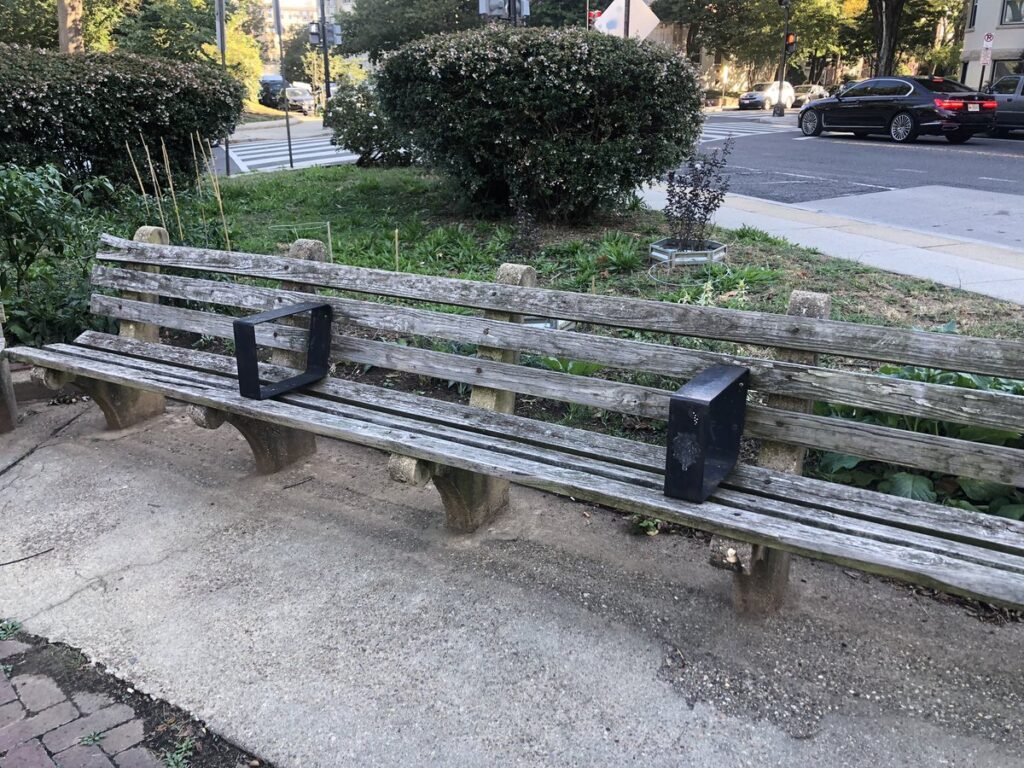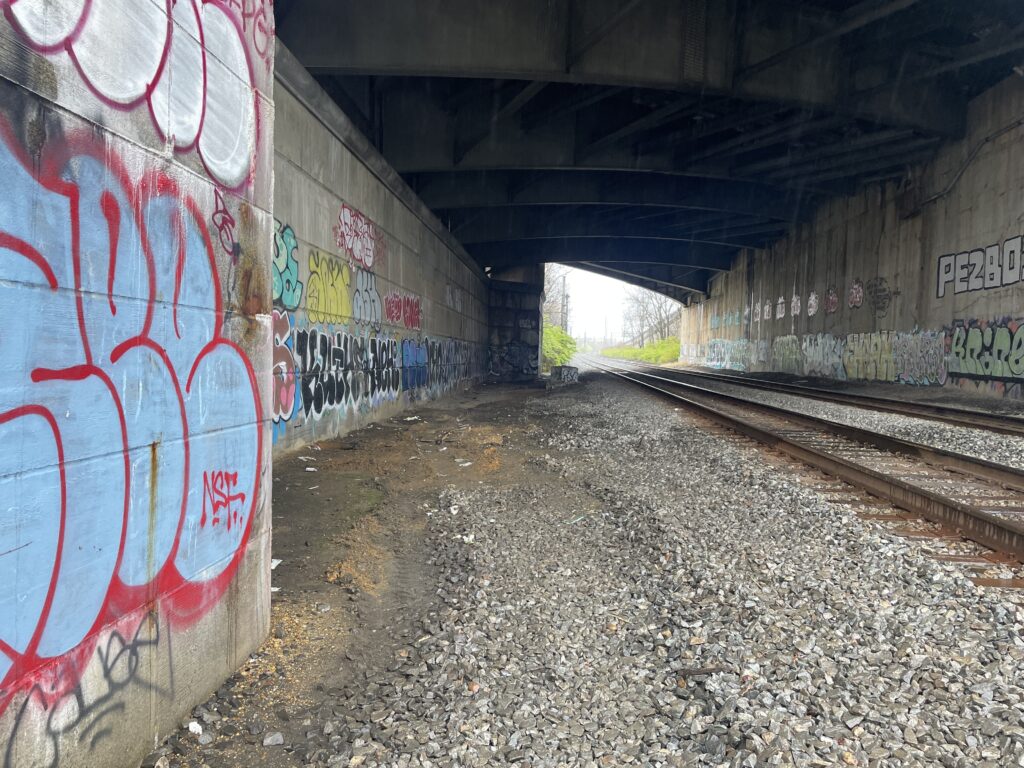Unsheltered homeless adults in Boston, Massachusetts, have a death rate nearly three times higher than the sheltered homeless population, and about 10 times higher than the overall population, a 10-year study found.
The study, published in the medical journal JAMA Internal Medicine in July, followed a cohort of 445 unsheltered homeless adults from 2000 to 2009. These adults were primary care patients of the Boston Health Care for the Homeless Program’s Street Team.
“Their numbers definitely ring true nationally, with all the anecdotal and minimal research we’ve done,” said Megan Hustings, director of the National Coalition for the Homeless. The coalition coordinates a national memorial day for people who are known to have died while homeless each December.
[Read more: National Homeless Persons’ Memorial Day 2017]
Hustings said Boston Health Care for the Homeless provides excellent direct service to the unsheltered homeless population and is therefore well-positioned for such a robust study.
Of the 445 adults who participated in the Boston study, 134 died during this period.
The most common causes of death seen during the study were heart-related illnesses and cancer. Dr. Catherine Crosland of Unity Health Care said that this is also true for the unsheltered population in the D.C. area.
“In general, the people that we see have the same diseases that we see in the general populations,” Crosland said. “But we see them being more severe and at younger ages. People are dying of heart-related illnesses two to three times more frequently than their housed peers.”
Unity Health Care was founded in 1985 and now has 30 community health centers in D.C., some of them specifically for people experiencing homelessness.
“We’ve always believed in meeting patients where they are and lowering the barrier to health care as much as possible,” Crosland said. “On any given day, a patient of mine may have 10 or more needs that supersede their physical health: ‘Where am I going to shower?’ ‘What am I going to eat?’ ‘Where am I going to sleep?’”
Thirteen thousand unsheltered individuals pass away each year, according to data from the National Coalition for the Homeless. What many people don’t realize, according to Hustings, is that there are always restrictions at shelters, and there a limited number of beds. Families with children are given preference and, quite often, single men are turned away from shelters because there is not enough room.

Residents of D.C. and Boston are less representative of this national trend because the District and the state of Massachusetts are two of only three jurisdictions in the United States where there is a “right to shelter,” meaning it is unlawful to turn away someone in need. However, in Massachusetts this protection only extends to families with children.
While D.C.’s law provides for anyone experiencing homelessness, it only comes into effect when the city issues a hypothermia alert in anticipation of below-freezing temperatures. D.C. Department of Human Services Director Laura Zeilinger instituted year-round access to shelter for families with children soon after she was hired in 2015.
However, on a national level, fewer beds have been available in recent years as shelters have closed due to the federal government investing more resources in permanent housing programs, according to Hustings. While these programs are also of great value, she adds, shelters have been neglected in funding. These “Housing First” initiatives are generally targeted toward a narrow group of people who are experiencing homelessness, such as people with severe health issues and veterans, according to Hustings.
The number of homeless encampments reported by media has increased by 1,342 percent over the last 10 years, according to a report from the National Law Center on Homelessness and Poverty. The most recent federal report on homelessness found that on a single night in 2017, 553,742 people were experiencing homelessness—35 percent were unsheltered.
“The majority of funding for homeless services comes from the federal government,” Hustings said. “I think this is a point of contention politically, that some people believe social services can be funded through the generosity of community members, but we haven’t seen the money or the will from the private sector to fulfill these needs.”








